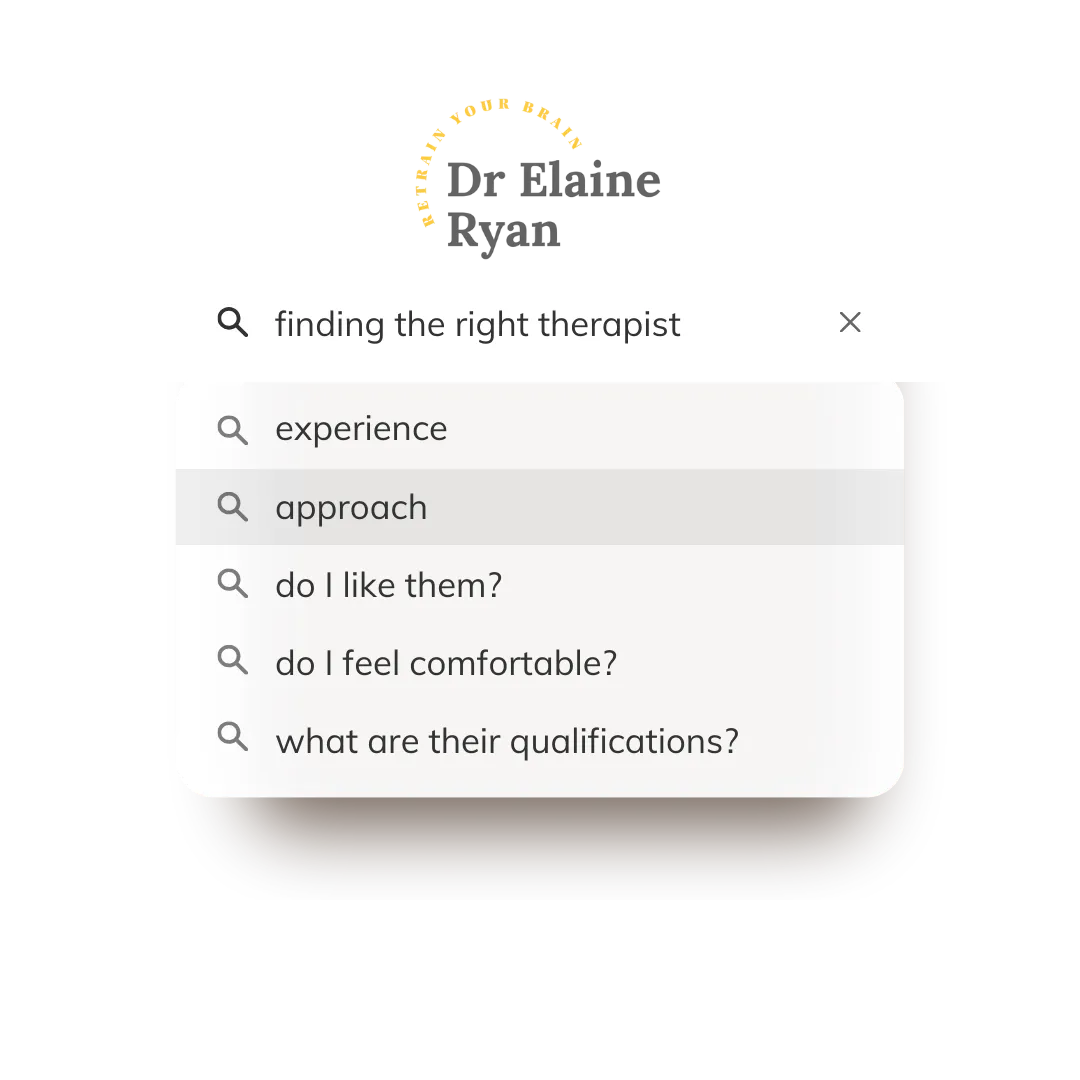I wrote this article to explain the models of therapy, outlining the benefits, processes, and different approaches available. If you are considering therapy for the first time, it can be a daunting task, choosing who to see is difficult enough, without feeling overwhelmed by all the different types of therapy offered. This page is like a dummies guide to therapy models, it will not only show what models offered in many practices, but I will outline as best I can all the different questions that need answered when you are considering therapy such as
- the differences between counselling and therapy,
- and the various therapeutic approaches, including CBT, psychodynamic therapy, and humanistic therapy
- as well as explain the importance of regulatory bodies in maintaining standards.

Services Offered
Psychological Therapies
Psychological therapies are talking therapies. The word therapy means a treatment to help you get better. Talking therapies, therefore, use ‘talk’ to feel better, as opposed to taking a pill, or medicalised treatment.
When you talk with a mental health professional, they will use what we call a model of therapy to help you recover. How you talk and the style of conversation will depend on the model of therapy used by your therapist.
How to start the process. You start with a referral from your GP, or making an appointment yourself.
Self-referrals or GP referrals.
If you have been to your GP, it should be straightforward enough, in that they could say you have anxiety, and they contact a therapist on your behalf for CBT, but why do you need CBT when it is anxiety? Who do I go to see, and what will happen when I get there?
This page is to help you navigate what you need to do, based on how you feel.
If your GP has said you need CBT or counselling, I will explain why I choose a specific psychological therapy and not another. Still, first, I shall outline psychological treatment, the primary models of therapy and what they can help with.
What is Psychotherapy?
Psychological therapy, often referred to as psychotherapy, is what happens between you and your therapist when you meet at a pre-agreed time and space to help with your current difficulties.
While the terms ‘therapy’ and ‘counselling’ are sometimes used interchangeably, they can be quite different. Counselling can be thought of as addressing specific issues over a shorter duration, whereas therapy often involves a deeper exploration of your concerns.
Therapy has come a long way since its inception in the late 19th century with pioneers like Sigmund Freud. Over time, numerous approaches have developed, each contributing unique techniques and perspectives to the field.
The Therapist-Client Relationship
Central to effective therapy is the relationship between therapist and client; so central that it is taught on professional training programs. When I undertook my doctorate, learning about the therapeutic relationship was the cornerstone to my practice as it developed.
Confidentiality and Ethical Guidelines
Therapists adhere to strict confidentiality and ethical guidelines to protect clients’ privacy and ensure professional integrity.
The Therapeutic Setting
Therapy can be conducted in various settings, including individual, group, and family sessions and from the comfort of your home if you choose online. The choice depends on your needs and preferences.
Online Therapy vs. In-Person Therapy
It’s not so long ago that I started offering online therapy, and at that time it was seen as a novelty, but in recent years and particularly post Covid, online therapy has become increasingly popular, offering flexibility and accessibility. However, some may prefer the personal touch of in-person sessions.
Goals of Therapy
Therapy goals can be short-term, such as managing immediate stress, or long-term, like exploring deep-seated issues. Progress is regularly measured to ensure the effectiveness of the therapeutic interventions. When working in settings such as the HSE or NHS progress will usually be monitored in a much more formal way than private practice.
The Therapy Session
During a therapy session, clients can expect a structured yet flexible approach, where various techniques and interventions are employed based on the therapist’s modality and the client’s needs.
Finding the Right Therapist
Choosing from all the different types of therapists can be confusing, which prompted me to explain the difference between them. To help you make your choice, consider their credentials, experience, therapeutic approach, and whether they accept your insurance or offer affordable rates. If you want to see someone like myself, a psychologist, I have written this guide to explain the different types of psychologists and the benefits of seeing one. Online directories, recommendations from friends or family, and initial consultations can help you find a suitable therapist. It’s also important to consider the counsellor-client fit. This refers to the level of comfort and trust between the counsellor and the client. A good fit can significantly enhance the effectiveness of counselling. If you’re nervous about starting therapy, my article outlines what to expect from therapy.
When choosing a counsellor, it’s essential to consider their qualifications and credentials. Counsellors in Dublin should have a minimum of a diploma in counselling or psychotherapy. They should also be registered with a recognized professional body, such as the Irish Association for Counselling and Psychotherapy (IACP). Most therapists these days have at least a Masters Degree and for people like myself, psychologists, we have doctorates.
Regulatory Bodies andStandards in Ireland
Regulatory bodies play a crucial role in maintaining the standards of counselling services. In Ireland, the IACP and the National Association for Professional Counselling & Psychotherapy (NAPCP) are the main regulatory bodies.


